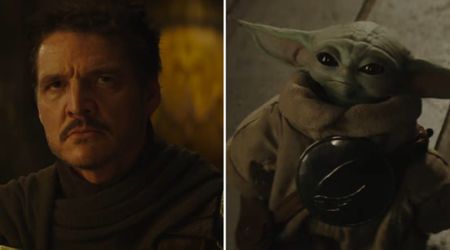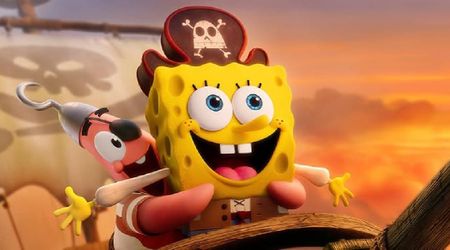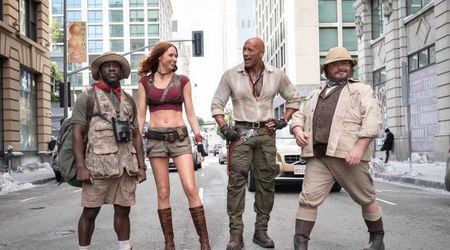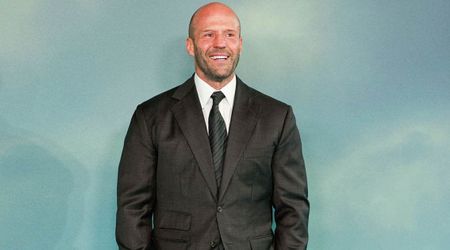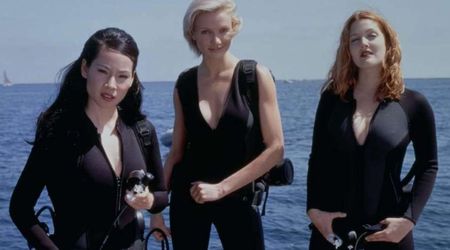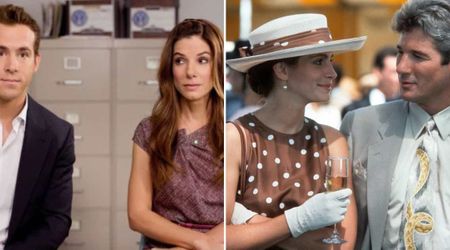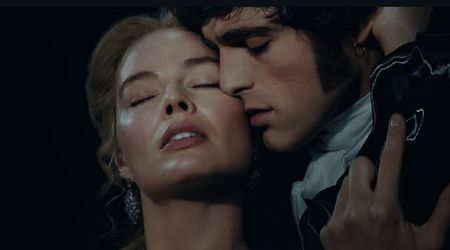Who is Dr Shadi Bartsch? Ridley Scott’s 'Gladiator II' mired in controversy just days before premiere
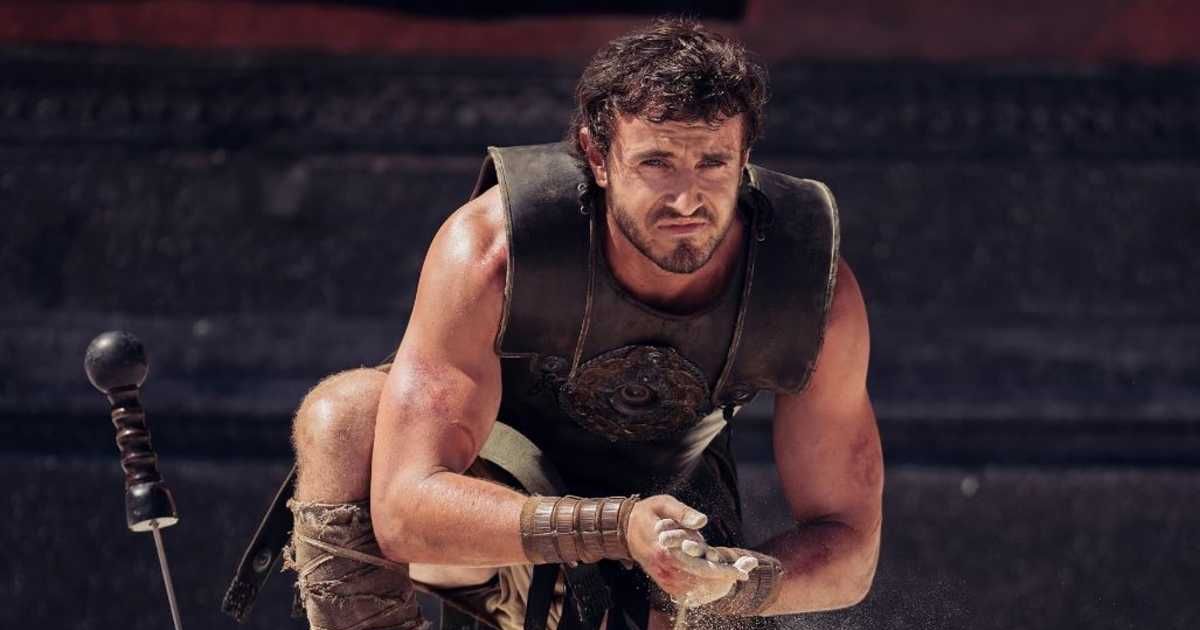
LOS ANGELES, CALIFORNIA: Ridley Scott’s upcoming 'Gladiator II' has sparked debate ahead of its release, with one of the loudest voices of concern being Dr. Shadi Bartsch, a professor of classics at the University of Chicago. Dr. Bartsch has taken issue with some of the film's exaggerated historical scenes.
For example, in the trailer, the Colosseum is shown flooded and filled with sharks—a spectacle Dr. Bartsch calls "total Hollywood bulls***." While Romans did fill the Colosseum with water for naval battles, she noted that they likely had no idea what a shark even was, as reported by Independant. Her criticisms don’t stop there. 'Gladiator II' supposedly features several other historical inaccuracies, like Romans reading newspapers in cafes, which simply didn’t exist in ancient Rome.
Did Romans really use rhinos in battles?
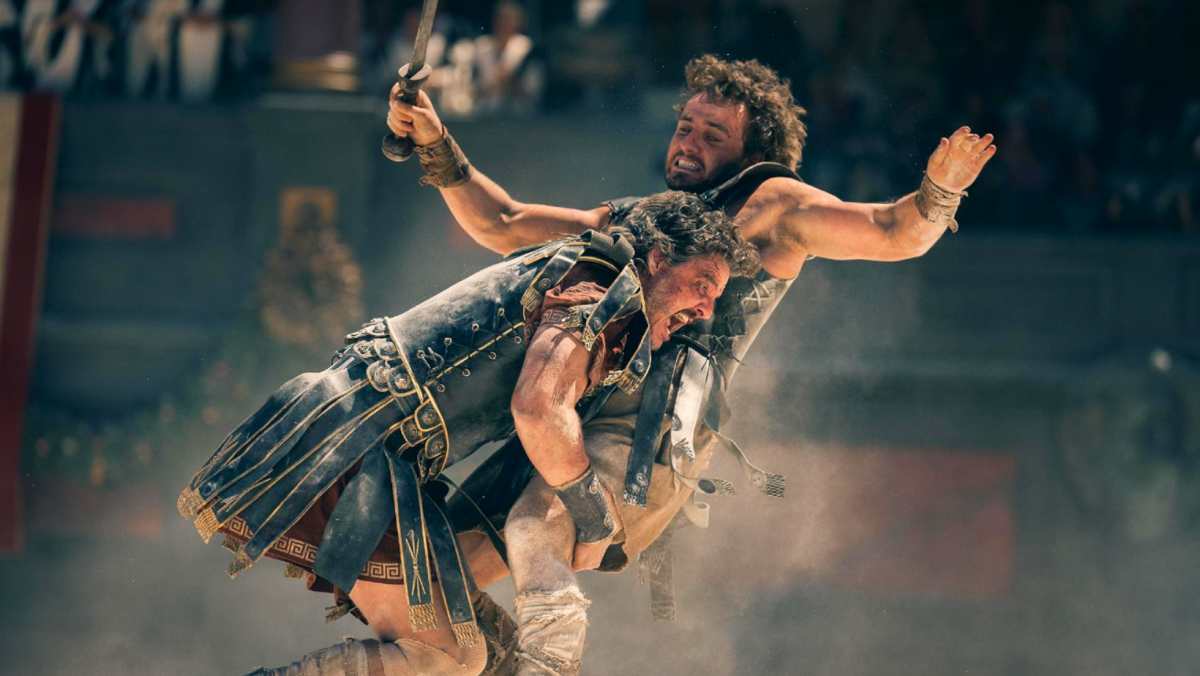
A scene showing gladiators riding rhinos in the Colosseum has also drawn Bartsch's attention. While ancient Romans did display exotic animals in the arena, Dr. Bartsch explained that there’s only limited historical evidence, like Roman poet Martial’s description of a rhino tossing a bull. And while such animals may have been part of the games, they were certainly not ridden by gladiators.
Were Romans enjoying morning coffee in cafes?
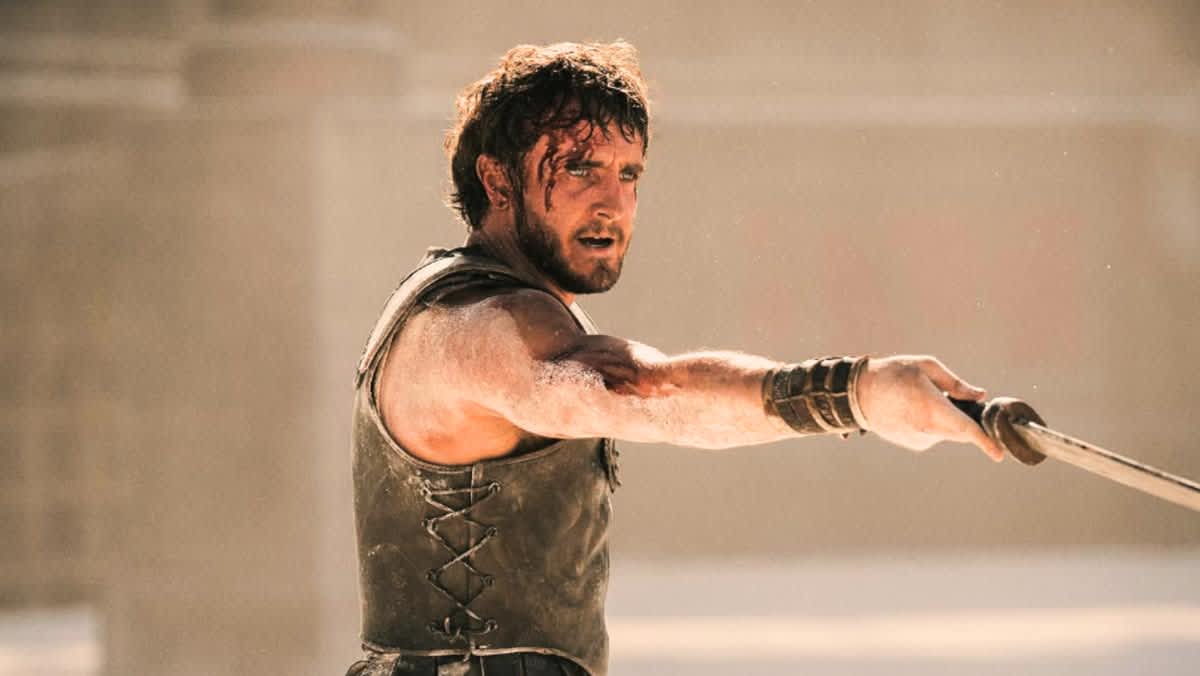
One of the film’s more outlandish moments, according to Dr. Bartsch, shows a Roman noble casually sipping tea in a cafe while reading a morning newspaper. This, she says, is pure invention. Although Romans did have the Acta Diurna, a daily record of news carved on stone or metal tablets and displayed in certain public spots, the idea of holding a printed newspaper in a cafe setting would have been impossible. Printing wasn’t invented for over a thousand years after this period, and cafes—a social establishment for coffee, tea, or snacks—did not appear until centuries later in the Middle East.
As Dr. Bartsch pointed out, “You had to go to it, you couldn’t hold it at a cafe. Also, they didn’t have cafes!” Tea was another detail she called out, as it didn’t reach Europe from Asia until long after the fall of the Roman Empire. Such inaccuracies, Bartsch argues, create misleading images of what ancient Rome was actually like, presenting a version that feels familiar to modern viewers but doesn’t reflect historical reality. The scene may add a dash of relatability for today’s audiences, but for Bartsch, it’s a stretch too far from the truth.
This isn’t the first time Ridley Scott has brushed off historians’ critiques. When called out for similar historical errors in his film 'Napoleon', he simply replied, “Get a life.” Despite the backlash, Scott’s films are known for their thrilling spectacles, even if some of the history is stretched for drama.
'Gladiator II' trailer
'Gladiator II' is set to release in theatres on Friday, November 22.


